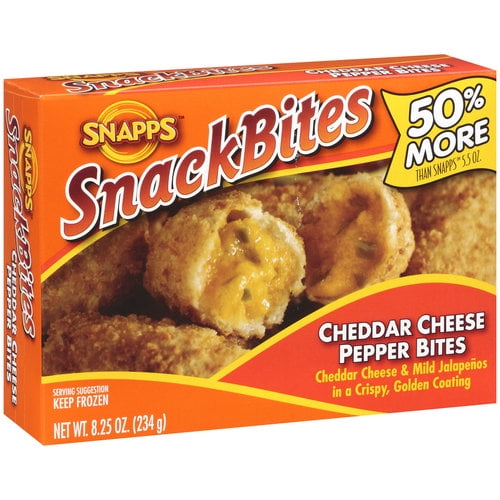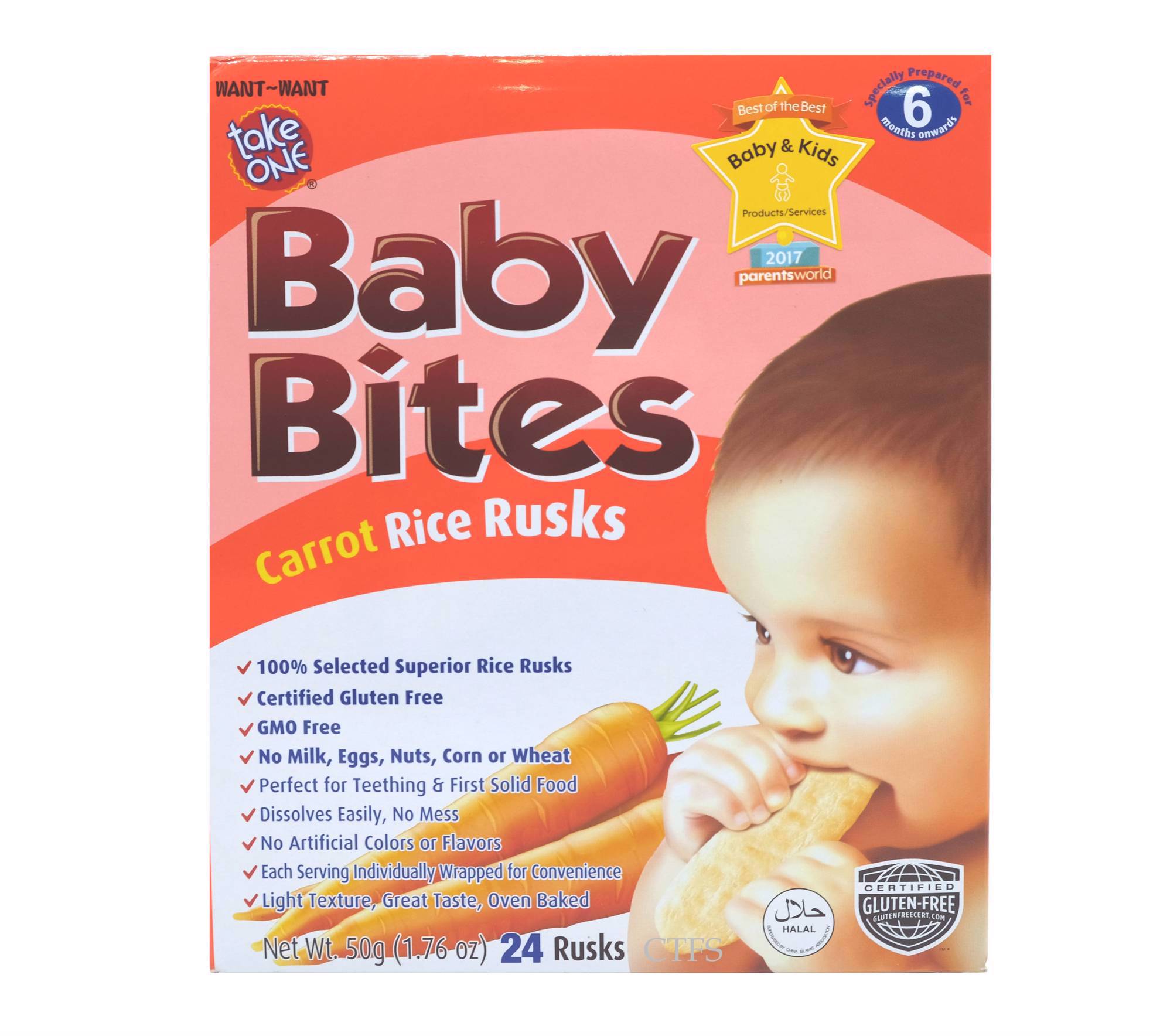
- #First bite baby food review how to
- #First bite baby food review cracked
- #First bite baby food review free
And I wanted to unravel how it's possible to change the way someone eats in such fundamental ways. And then I kept thinking how is it that I could've once been so mixed up about food and now, 20 years on, I've reached a point where I'm really fine with eating and it's not a torment or a struggle. And I think is partly a response to living with my sister, who was anorexic, and it was partly to do with the family dynamic.

I over-ate, I went on endless diets which didn't work, and I'd regain the weight and feel more unhappy. I kept looking back on how I was as a teenager when I was really unhappy about food. And then another thing that happened as I was doing the research is it kept resonating with my own personal experiences in a way that's never happened to me with a book before.
#First bite baby food review cracked
It isn't as if we've cracked these eating skills.

#First bite baby food review how to
But the more research I did, the more convinced I became that the problems that children have with learning how to eat are still there for many for us as adults. So why are you interested in how our taste preferences are formed?īEE WILSON: When I started writing the book, I thought I was writing a book about children's food. Wilson is also the author of "Consider The Fork: A History Of How We Cook And Eat." She's been named BBC Radio's food writer of the year. She writes (reading) when your beautiful baby is first handed to you by the doctor or a midwife and you see a whole future in those blurry eyes, it's unlikely you would imagine that he or she might become a person who ate only ketchup sandwiches, Oreos and instant noodles. She's particularly interested in the eating habits of children. In her book, she examined studies about how genetics, culture, memory and early feeding patterns contribute to our food preferences. Why we love the foods we love and are repulsed by certain foods we hate is what Bee Wilson tries to explain in her new book "First Bite: How We Learn To Eat." She writes from her perspective as a food writer, as a mother who tried to get her three children to eat healthy foods, and as someone who came close to having an eating disorder. There is emerging evidence that introduction of solid foods into an infant's diet by 4 months may increase their willingness to eat a variety of fruits and vegetables later in life, decrease their risk of having feeding problems later in life, and decrease their risk of developing food allergies, and the early introduction of solid foods into an infant's diet does not appear to increase their risk of obesity later in childhood.Ĭomplementary feeding food preferences infant feeding infant nutrition solid foods taste weaning.This is FRESH AIR.
#First bite baby food review free
There remains debate about when it is best to begin introducing solid foods into an infant's diet however, the available evidence suggests that provided the water and food supply are free of contamination, and the infant is provided adequate nutrition, there are no clear contraindications to feeding infants complementary foods at any age.

There also appears to be a sensitive period between 4 and 9 months when infants are most receptive to different food textures. As a result, infants should be exposed to a wide variety of flavors while mother is pregnant, while mother is nursing and beginning at an early age. There appears to be a sensitive period in the first several months of life when infants readily accept a wide variety of tastes and this period overlaps with a critical window for oral tolerance. Humans are the only mammals who feed our young special complementary foods before weaning and we are the only primates that wean our young before they can forage independently.


 0 kommentar(er)
0 kommentar(er)
